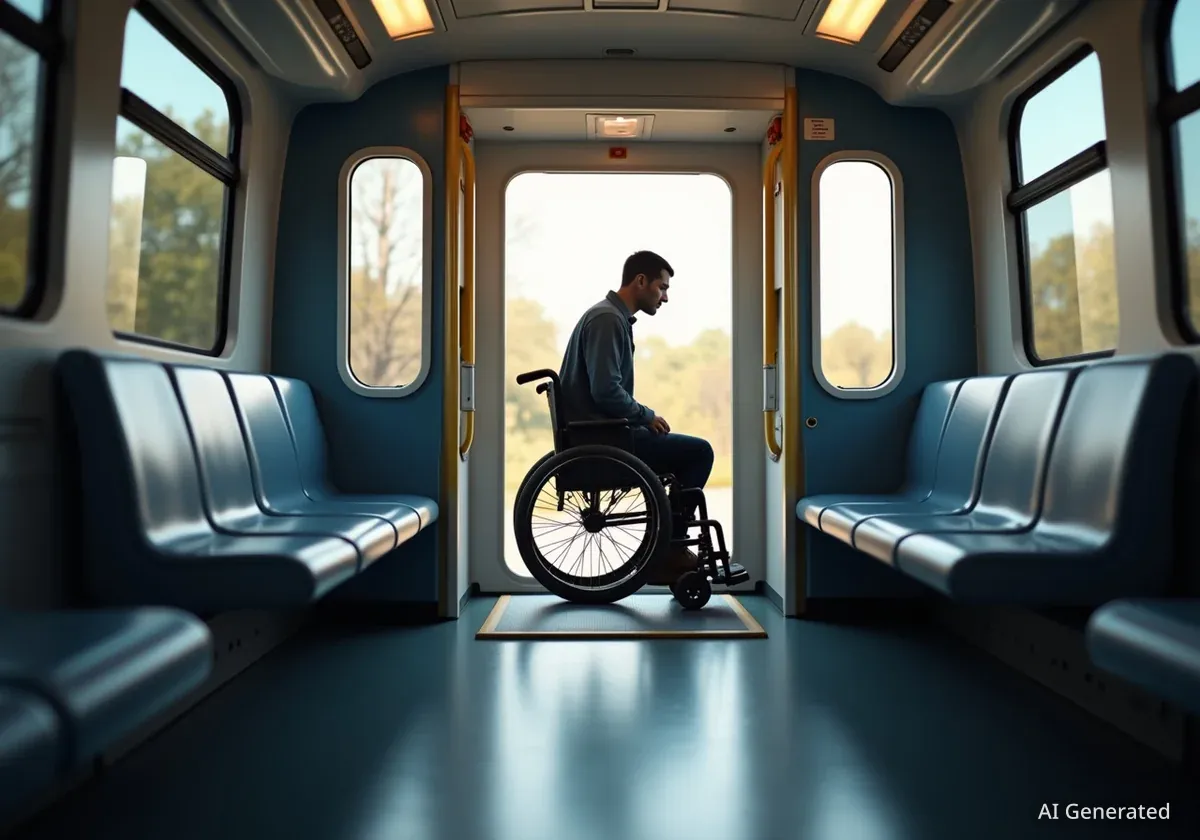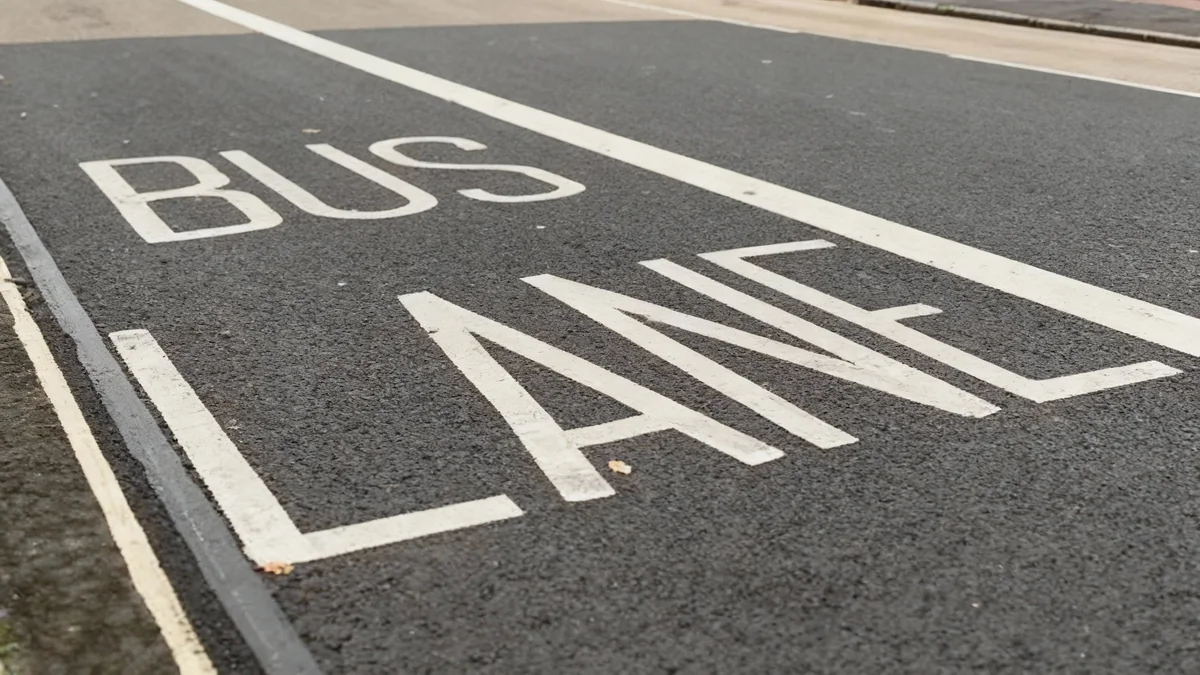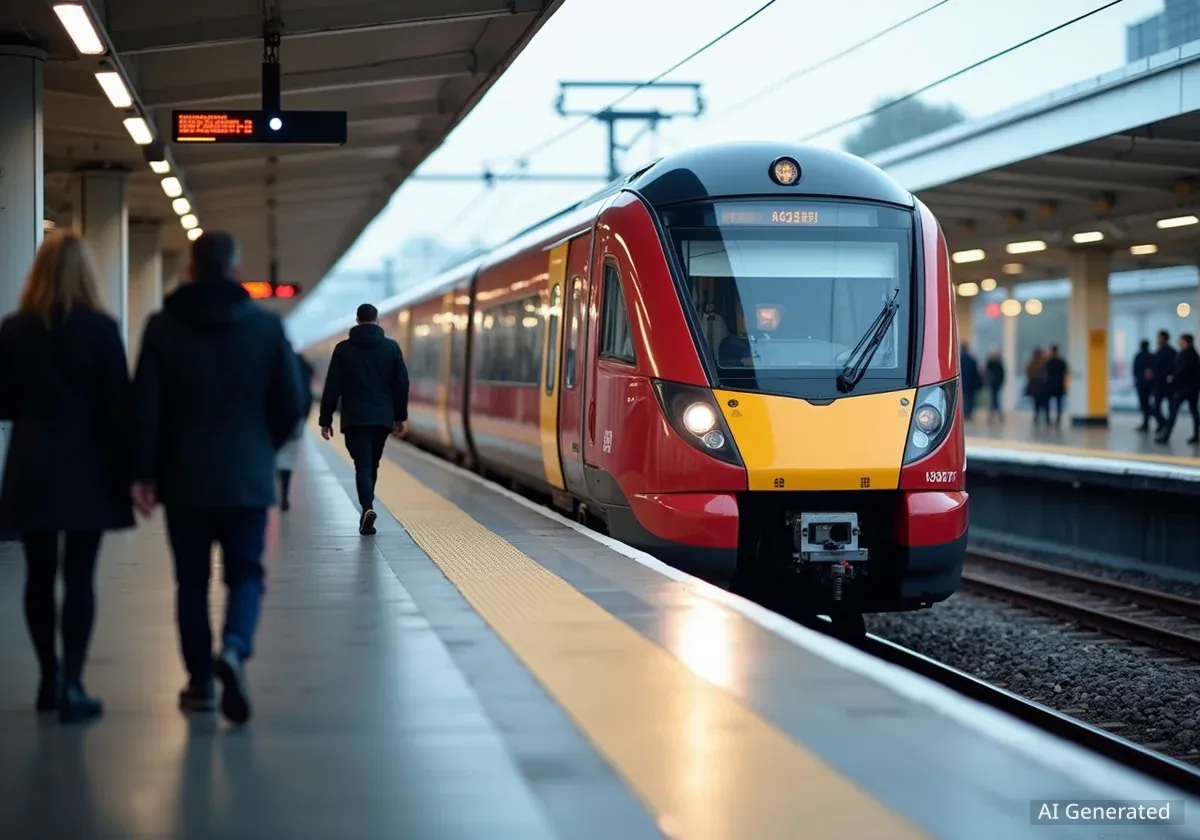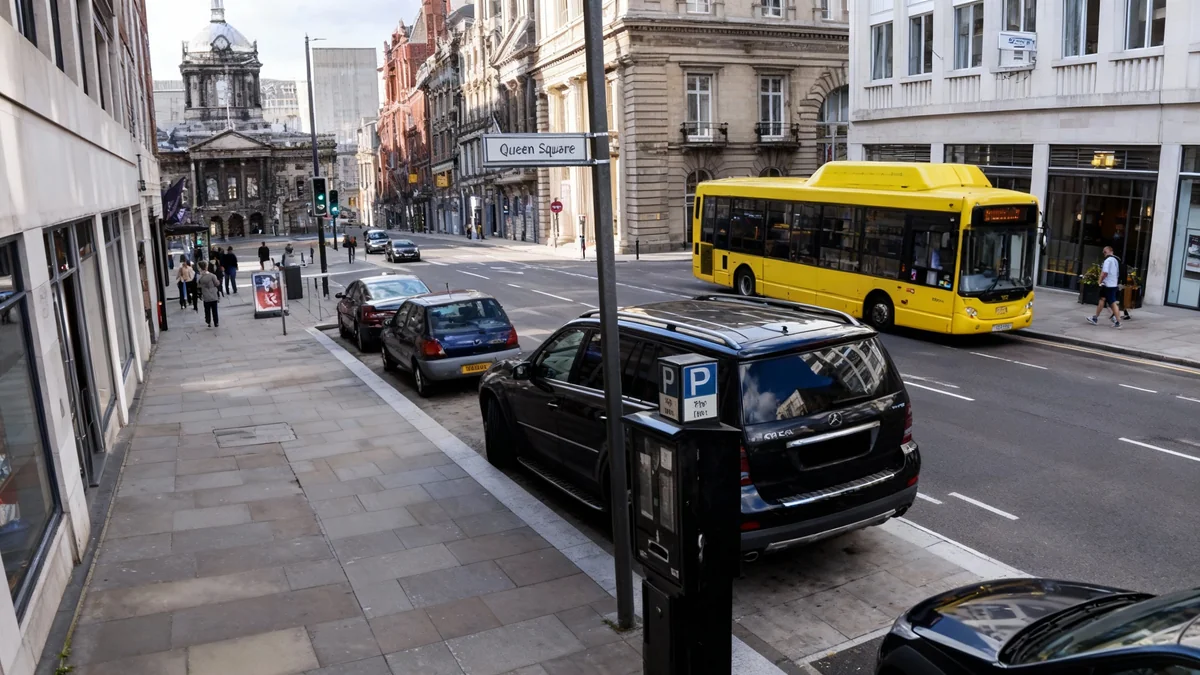The Liverpool City Region's new £500 million train fleet has received another major national award, celebrating its significant achievements in passenger accessibility. The project was awarded "Best Practice in Diversity, Inclusivity and Accessibility" at the UK National Transport Awards ceremony in London.
Judges at the event, hosted by BBC Radio 2 presenter Jeremy Vine, highlighted the project's collaborative design process with disability groups. This approach resulted in key features like level boarding at every station, establishing a new standard for inclusive rail travel in the United Kingdom.
Key Takeaways
- The Liverpool City Region's new trains won the 'Best Practice in Diversity, Inclusivity and Accessibility' award at the UK National Transport Awards.
- Judges praised the co-design process with disability groups and the implementation of level-boarding technology.
- The project is now considered a benchmark for accessibility in the UK transport industry, with other operators visiting the region to learn from its success.
- The award is part of a wider regional goal to achieve step-free access from pavement to platform at every station by 2030.
National Recognition for Inclusive Design
The award was presented at the 22nd annual UK National Transport Awards, an event organised by Transport Times to celebrate excellence across the nation's transport networks. The Liverpool City Region's project stood out for its commitment to creating a rail system accessible to all passengers.
According to the award judges, the project “shows how genuine collaboration can deliver a rail system that works for everyone, setting a new benchmark for inclusivity in UK transport.” This recognition follows a similar honour last month when the fleet won the ‘Accessibility Achievement of the Year’ at the National Rail Awards.
“We’ve always believed that accessible, affordable and sustainable transport is not just a goal but a right that every community should enjoy,” said Cllr Steve Foulkes, Chair of the Liverpool City Region Combined Authority Transport Committee.
Cllr Foulkes added that the primary aim during the design phase was to open up the network to more people, empowering them to travel independently. He reiterated the region's commitment to further improvements, stating, “we want to make sure every station in our city region has step-free access from pavement to platform by 2030 and will continue to work towards that aim.”
A Collaborative Approach to Train Design
The success of the new fleet is rooted in a unique 18-month co-design process. This extensive consultation involved more than 40 local residents with a wide range of accessibility needs, from mobility challenges to sensory impairments and less visible disabilities.
This group was instrumental in making over 30 individual design decisions, ensuring the final product was practical and user-focused. Their input directly shaped the features that have made the trains so successful and widely praised.
By the Numbers
- £500 million: The total investment in the new train fleet.
- 18 months: The duration of the co-design process with community members.
- 40+ residents: The number of local people who directly contributed to the train's design.
- 30+ decisions: The number of specific design choices influenced by the co-design group.
The Impact of Sliding-Step Technology
The most significant innovation introduced is the sliding-step technology. This mechanism automatically extends from the train to meet the platform edge, bridging the gap and eliminating the height difference that poses a major barrier for many travellers.
This feature provides level boarding, allowing seamless access for wheelchair users, people with prams, and those with mobility issues without the need for manual ramps or staff assistance. It has been described as a game-changer for independent travel on the rail network.
The technology was recently praised by British Paralympic legend and disability rights campaigner Baroness Tanni Grey-Thompson during a visit to the region, who commended its impact on making public transport more accessible for everyone.
Setting a New Standard for UK Transport
The innovative features of Liverpool's new trains have not gone unnoticed by the wider transport industry. The fleet is now being showcased as an example of best practice by the independent industry watchdog, Transport Focus.
Other train operators from across the UK have also visited the Liverpool City Region to observe the new system in action. The goal is for them to learn how similar principles of co-design and technological innovation can be applied to their own networks, potentially raising accessibility standards nationwide.
Individual Recognition for Customer Service Leader
Alongside the main award for the train fleet, Customer Delivery Manager Janet Roach was shortlisted in the prestigious “Woman of the Year” category. Ms. Roach manages several critical customer-facing operations, including the Contact Centre, concessionary travel schemes, and Smart Ticketing systems.
She was nominated by a colleague who praised her leadership, compassion, and commitment to championing people around her, especially those who may feel underrepresented within the transport sector.
The consistent recognition for the Liverpool City Region's transport initiatives underscores the success of a strategy that places passenger needs, particularly those related to accessibility, at the forefront of public investment and infrastructure development. The awards validate the £500m project as not just an upgrade, but a fundamental redesign of public transport for a more inclusive future.





